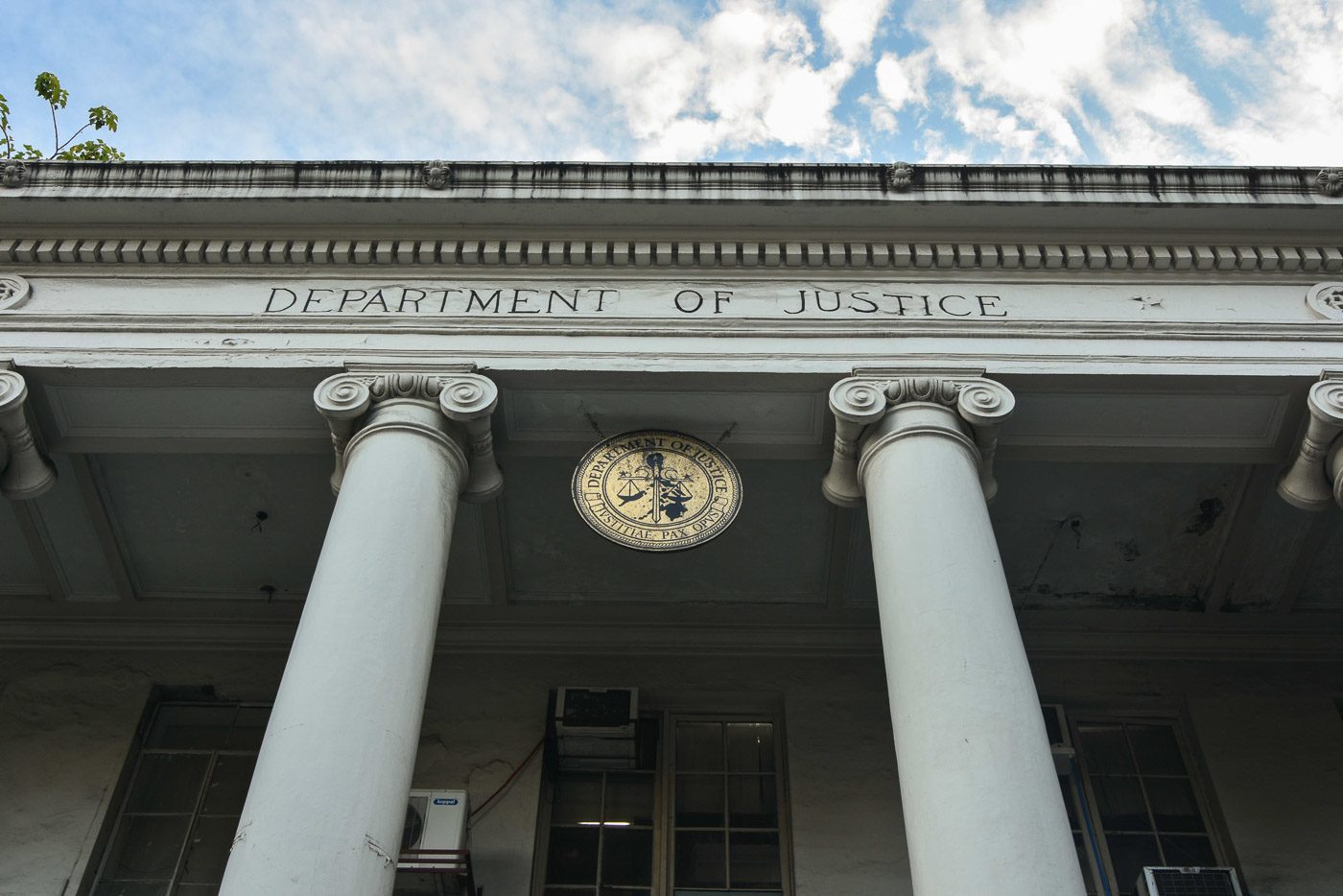SUMMARY
This is AI generated summarization, which may have errors. For context, always refer to the full article.

MANILA, Philippines – The Department of Justice (DOJ) said on Sunday, June 14, that 68 out of its 536 employees tested positive for the coronavirus after undergoing rapid antibody testing.
In a text message to reporters, Secretary Menardo Guevarra said that, in addition to the 68, 4 outsourced personnel consisting of security and maintenance workers also tested positive in the rapid test.
They are all based in the main office of the DOJ in Padre Faura, Manila.
Guevarra said “many” of them have undergone swab testing to confirm if they have the virus.
The rapid test only detects antibodies against the coronavirus—which is why it has been described as an unreliable test.
The swab test detects the virus itself and is the “gold standard” for confirming if a person is infected with the coronavirus. (READ: FAST FACTS: What’s the difference between PCR, rapid antibody tests?)
With a shortage on swab tests for mass testing, the national government and local governments have been relying on rapid tests.
As of Saturday, June 13, the Department of Health (DOH) reported 25,392 confirmed cases of COVID-19, with 1,074 deaths, and more than 5,000 recoveries. – Rappler.com
Add a comment
How does this make you feel?
There are no comments yet. Add your comment to start the conversation.